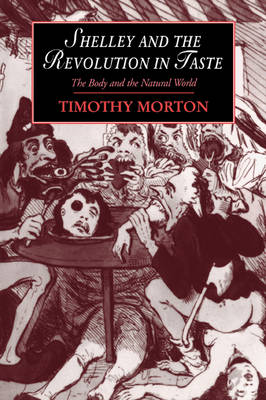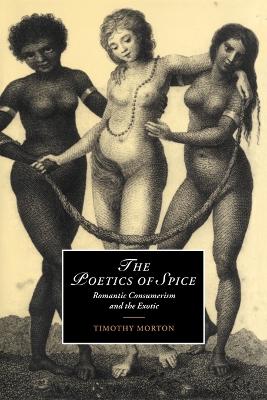Cambridge Studies in Romanticism
2 total works
This book brings together the themes of diet, consumption, the body, and human relationships with the natural world, in a highly original study of Shelley. A campaigning vegetarian and proto-ecological thinker, Shelley may seem to us curiously modern, but Morton offers an illuminatingly broad context for Shelley's views in eighteenth-century social and political thought concerning the relationships between humanity and nature. The book is at once grounded in the revolutionary history of the period 1790–1820, and informed by current theoretical issues and anthropological and sociological approaches to literature. Morton provides challenging new readings of much-debated poems, plays, and novels by both Percy and Mary Shelley, as well as the first sustained interpretation of Shelley's prose on diet. With its stimulating literary-historical reassessment of questions about nature and culture, this study will provoke fresh discussion about Shelley, Romanticism, and modernity.
This 2000 book considers the literary and cultural significance of spice, and the spice trade, in Romantic literature, shedding new light on the impact of consumerism and capitalist ideology on writers of the period. Timothy Morton demonstrates how the emerging consumer culture was characterized by an ornate, figuratively rich mode of representation which he describes as 'the poetics of spice'. This is the focal point for a probing analysis that addresses a host of related themes - exoticism, orientalism, colonialism, the slave trade, race and gender issues, and, above all, capitalism. Employing a mixture of Marxist, deconstructive and psychoanalytic theory, Morton explores how capitalist ideology was inscribed in the very materials of consumption. The book takes a wide historical perspective, surveying a range of literary, political, medical, travel, trade and philosophical texts, and includes readings of Milton, Coleridge, Keats, Shelley, Leigh Hunt, Charlotte Smith and Southey among many others.

